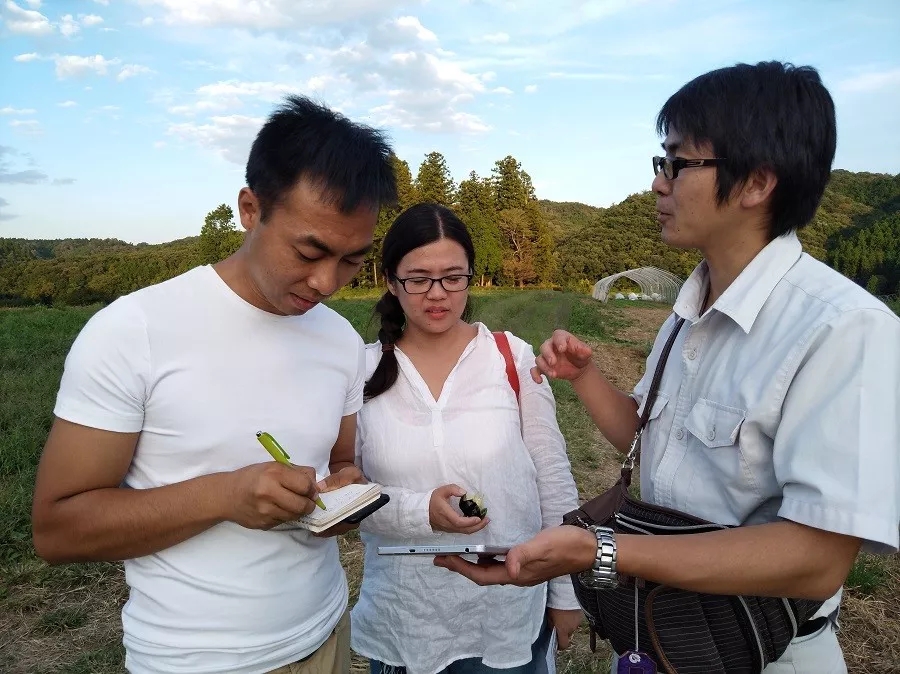Urbanites in thrall to a growing passion


Wang Xin is a landscape designer by profession and a farmer in practice. His customers believe the strawberries he grows on his organic plantation in the southern outskirts of Beijing are "the best in China".
Every day, when men and women of similar age are stuck in heavy traffic and endless meetings, the 33-year-old revels in his rural life, far from the downtown crowds.
He rises with the sun and works all day in the fields or visits the farmers' market to sell his fresh produce. At the end of the day, he goes to bed with sore muscles and falls into a deep sleep.
He does not take time to consider whether the work is hard, preferring to get on with the job. "It has become my lifestyle. This is the life I chose to live," he said.
In a country where food is so central to the national culture, many well-educated urbanites like Wang are returning to the countryside and dedicating themselves to growing fresher, healthier food.
Fresh produce
Every Tuesday, Saturday and Sunday, Wang brings freshly-picked strawberries to the organic farmers' market in Beijing. They are grown naturally in nutrient-rich soil, without the use of fertilizers, pesticides, growth hormones or chemicals.
"I don't plan on becoming filthy rich, or I wouldn't have gone for organic farming," Wang said. With his firm, athletic build and healthy tan, it is hard to picture him as the designer who used to spend days and nights in front of a computer screen.
Having majored in landscape botany, Wang has always been a plant lover. When he was 25, he realized his sedentary lifestyle was making him gain weight, and he could no longer stand being an office drone. He quit his job, rented two plantation sheds in the suburbs and started his farming career from scratch.
Last month, Wang presented this winter's first fruit from a batch he planted in September. However, the work really began in July, when he prepared all-natural organic matter to enrich the soil.
The formula has been perfected through years of research in collaboration with Beijing University of Agriculture, where he studied, to simulate the formation of the fertile dark forest soil of Northeast China, known for its high crop yields.
Logically, the true foundation of organic farming lies in soil content: if the soil is right - as a living organism with a complex organic structure - the outcome is safe, and tasty food can be grown without the need for fertilizing chemicals, according to Wang.
But quality produce is not his only objective. He hopes to build a cultivation model that rejuvenates the soil itself, because regular planting and overexploitation can lead to soil degradation within a matter of years.
Wang's life on the farm has not always been a smooth ride, but after a rough start he believes he has learned valuable lessons. He has gone back to his old university and visited colleagues in Tochigi prefecture, Japan, to study the most modern organic farming techniques.
"For organic farming to become truly sustainable, revitalization of the soil is key. I am certain that in three to four years, the soil I have been reviving will keep getting healthier and healthier," he said.
- Probe finds cardiac condition the cause of Henan schoolboy's death
- 14 injured in off-road racing accident in East China
- China to beef up personal data protection in internet applications
- Film-like lining in school uniforms prompts investigation in Inner Mongolia
- High-temperature geothermal resource discovered in Shandong
- Earthquake strikes Guizhou county early morning



































